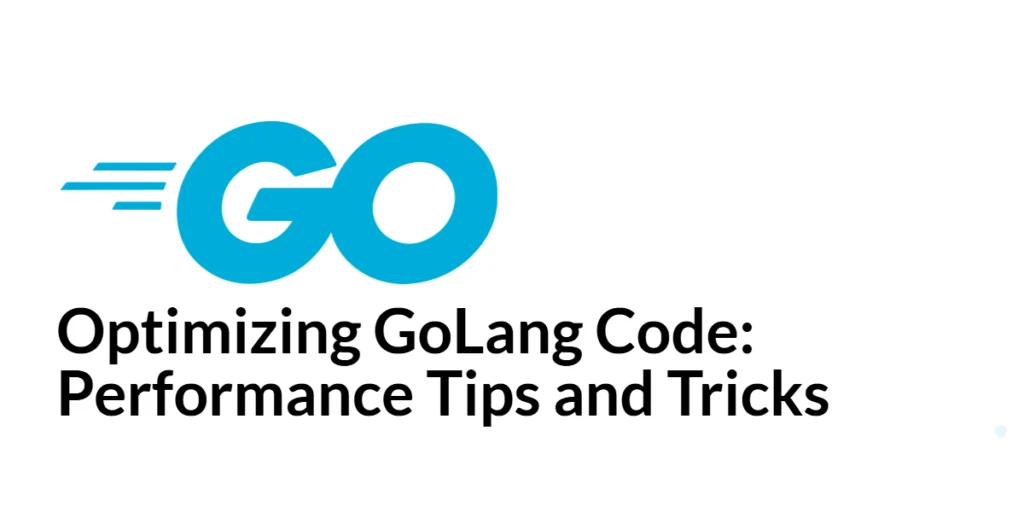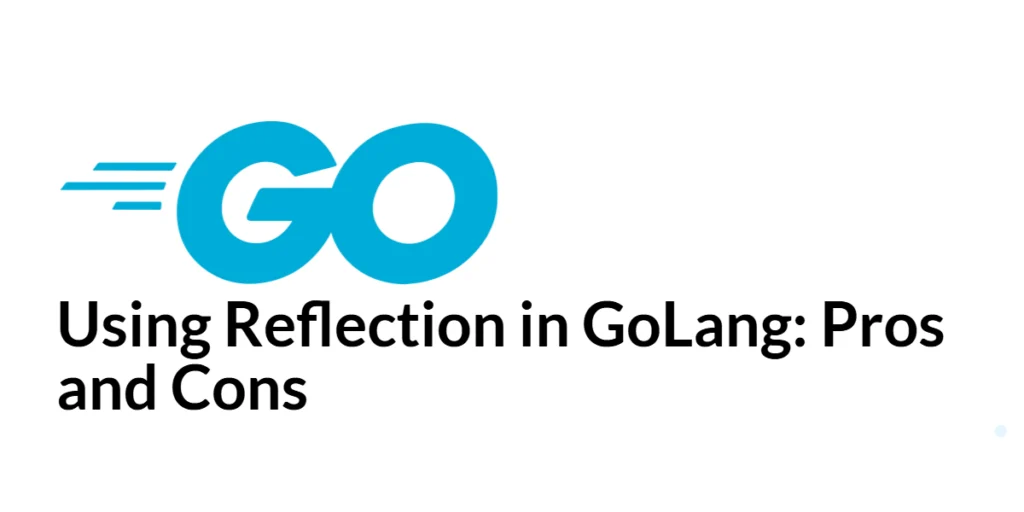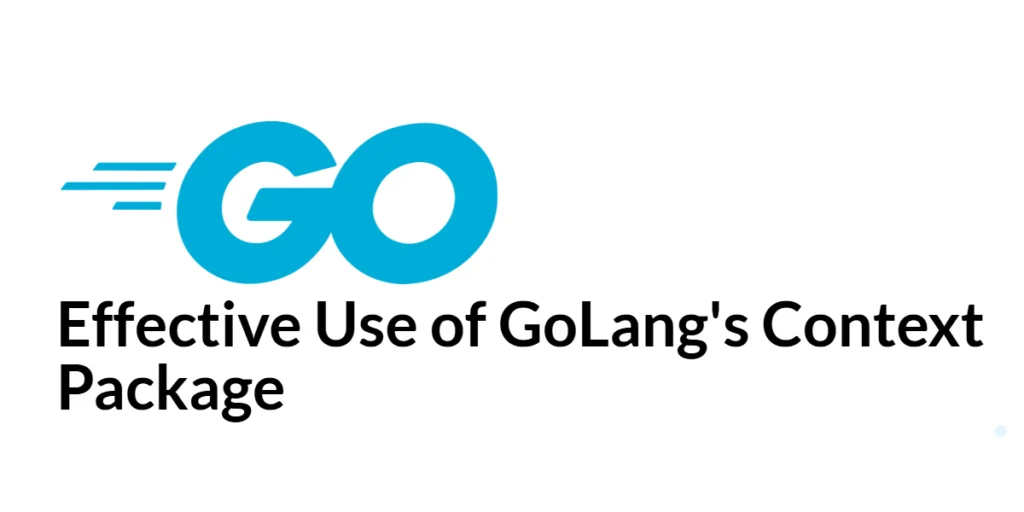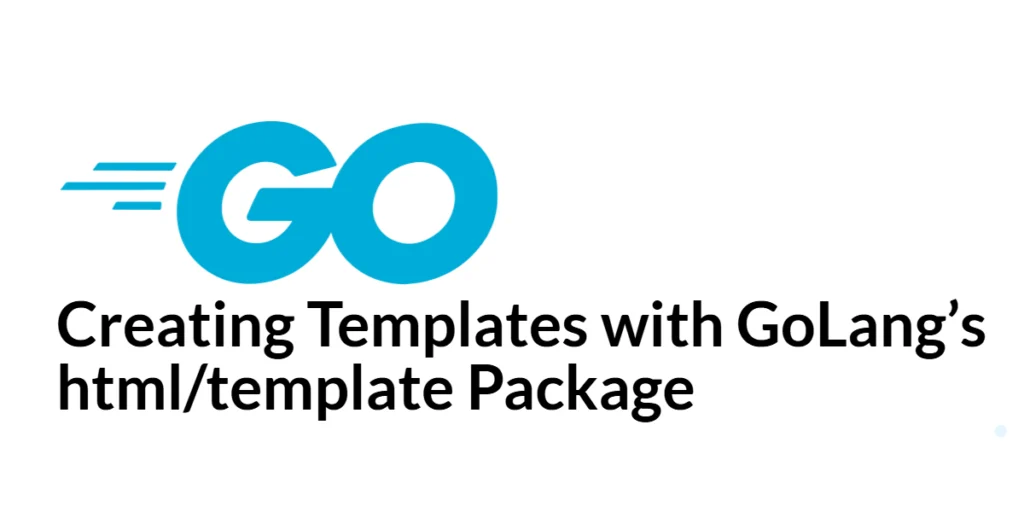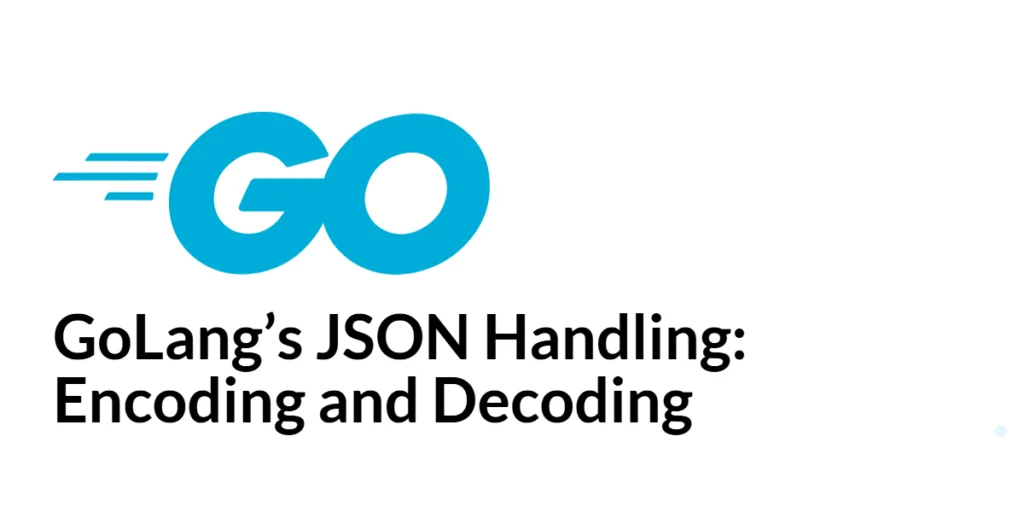Optimizing GoLang Code: Performance Tips and Tricks
Optimizing GoLang code is crucial for developing high-performance applications that can handle large-scale operations efficiently. Performance optimization involves analyzing and improving the execution speed, memory usage, and overall efficiency of your code. By identifying bottlenecks and applying targeted optimizations, you can significantly enhance your application’s performance. GoLang, known for its simplicity and performance, provides various […]
Optimizing GoLang Code: Performance Tips and Tricks Read More »
